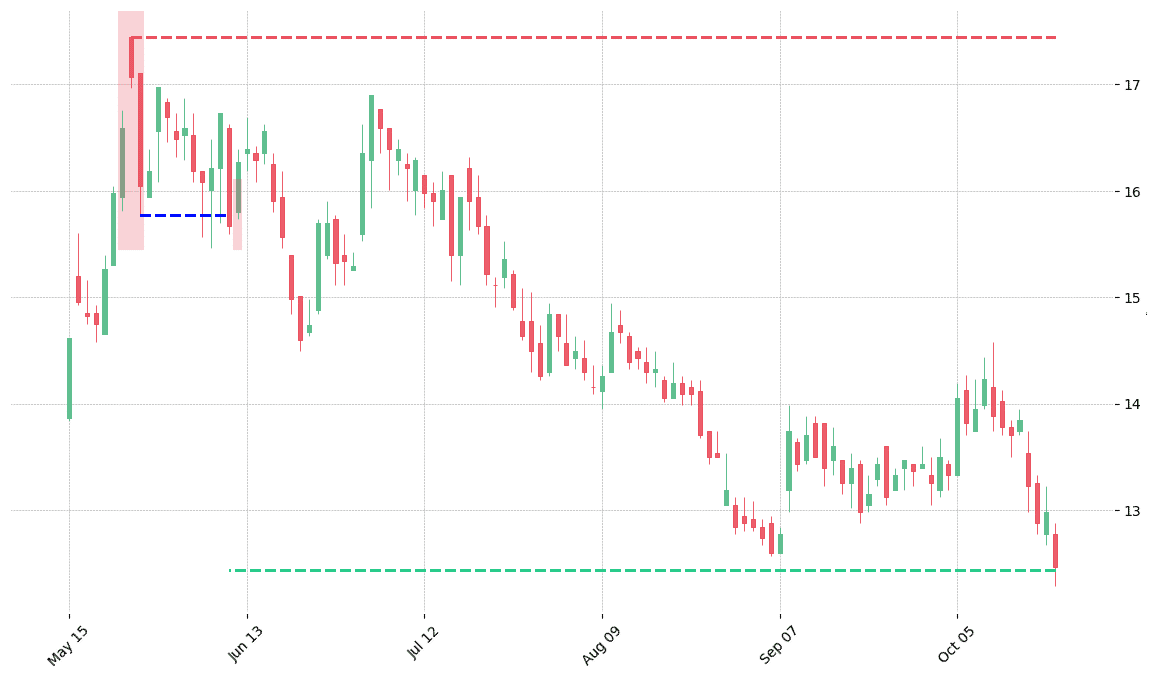

Dead CrowsĬrows ‘mourn’ the death of a flockmate. If your home is next to a freshwater source where the crows are able to bathe and drink then your yard might seem like the perfect stop-off point. If you notice a lot of crows landing on the floor within the boundaries of your yard, it could be that they’re looking for shelter. Having a large fence around your yard, provides a great shield from bad weather and it can keep predators out too.
FLOCKS OF CROWS MEANING FULL
Trash cans full of half-eaten food are a buffet to a flock of hungry crows.Īlternatively, crows could land in your yard because it’s enclosed. Or, if you happen to live just outside a city, it’s possible that the scavenger opportunities are amazing there too. On damp mornings, insects are more likely to be a bit sluggish and may wander on the surface of your lawn.Ī flock of crows will make short work of a load of bugs. This is because the food near you is easy pickings.Ĭrops from farmland also attract a wealth of juicy insects. If you happen to live next to an area of open farmland, you’ll probably see a lot of crows. They thrive on agricultural land where there may be easy vegetables to feed on. Usually, if a flock gathers in your yard, it’s because you have something tasty to offer.Ĭrows are known for being opportunists. However, you should be completely safe as long as you aren’t superstitious.Ĭrows are omnivores and will literally eat almost anything. Their connection to witchcraft and death often makes them targets for rumors of bad luck. You can see how the morbid pecking of the body of your friend can come across as sinister though. Or perhaps it could be the birds trying to discover the cause of death in an attempt to avoid it themselves. Scientists think that this could be part of a grieving process. After the death of one of their flock, the crows will often gather around the body. Their connection to death also goes a little further than that. We often see them portrayed as helpers to witches in popular culture today. Although the origins of this name aren’t exact, it’s likely that the sinister name came from medieval times.Ī crow’s pointy, sharp features, and sleek black feathers would originally have been seen as a sign of a witch’s familiar. Why Do Crows Mean Bad Luck?Ī group of crows is called a ‘Murder‘. So before you tar all crows with the same brush, make sure you count them to work out what you’re luck is going to be.

Eight suggests grief and mourning in the neat future.Seven crows means that you’re about to travel.Six crows is the sign for theft or removal of riches.

Five crows could mean that there’s going to be sickness in the family.Four crows cawing on your roof is the prediction of wealth and prosperity.Three crows symbolize good health and fortune.This is because a pair is most likely in your yard to find somewhere safe to mate. A pair of crows in your yard is actually good fortune.A single crow near your house is said to bring destruction upon the owners.In fact, the myth is that it’s the number of crows on your roof that matters most. However, it’s important to remember that the crows themselves don’t bring bad luck. In some cultures, having crows land near your home is a symbol of bad luck. They caw loudly first thing in the morning and just before dusk. You may find that crows caw louder at certain times of the day. When a larger group of birds comes together, they caw to introduce themselves to one another and to express emotion and information. So, why do crows caw? Well, simply, it’s the way they communicate.

This could be to generally socialize, or possibly to exchange information regarding the wider area. Research shows that smaller groups of crows typically meet together to roost at night in larger numbers, only to break off again in the morning. This is because there are more options for mating in a larger group and it also gives a little more protection to each individual bird. They’re incredibly social birds and a flock can consist of anything from 300 to 1000 individual birds.Ĭrows gather together forming larger groups when it’s time to roost. Crows or members of the Corvidae family of birds – Ravens, Rooks, Jackdaws, Starlings, Blackbirds, and Magpies – often gather in large groups called ‘flocks.’


 0 kommentar(er)
0 kommentar(er)
